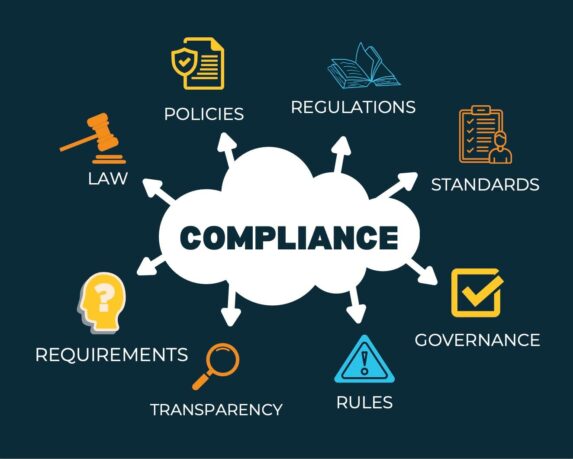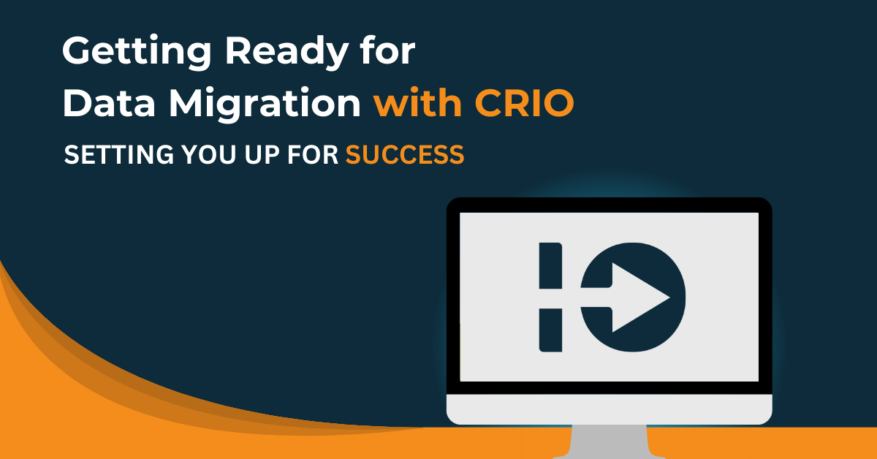Never miss another re-consent: The benefits of an integrated eConsent-eSource solution

With the recent push toward Decentralized Clinical Trials (DCTs), many sponsors are adopting eConsent. eConsent allows patients to consent electronically, whether in clinic or remotely, from the convenience of their home. eConsent offers sponsors, CROs, investigators and patients these benefits:
- Reduce errors by ensuring completion of all fields
- Automated audit trails ensure accuracy of date-times
- Improved ability of patients to understand content through hyperlinks, etc.
- Ability to facilitate remote consent through electronic routing
- Eliminate paper and its accompanying need for space, photocopying and storage
- Ability of CRAs to remote monitor executed consents as they’re completed
The Problem: Re-consents
There is a common problem with most eConsent solutions: they don’t solve the “Re-consent Problem.” In the majority of clinical trials, sponsors make mid-study amendments to the protocol, which necessitate a new version of the Informed Consent Form (ICF). ICH-GCP principles require that the investigator execute the new version of the ICF with an enrolled patient prior to performing any procedures under the new amendment – this re-consent is usually done at the outset of the patient’s next visit.
While a stand-alone eConsent solution can track versioning across subjects, it does not “know” when a patient is performing their next visit. Therefore, it’s easy for site staff to forget to perform the re-consent, especially given that most sites are quite busy, and the fact that coordinators are often juggling multiple studies at a time.
A missed re-consent is a major protocol deviation and an ICH-GCP violation. It’s usually considered reportable to the IRB because it impacts patient safety. A study with a lot of re-consent deviations could be flagged by regulators for further scrutiny. The Re-consent Problem is exacerbated by the increasing use of multiple ICF forms on trials.
It’s not uncommon for a trial to have not just the “Main” ICF, but also a separate ICF, such as for a “Sub Study” or a “PK Sample.” Multiple ICF forms with separate versioning can quickly become a logistical nightmare for sites to juggle.
A Superior Solution – An Integrated eConsent/eSource Solution
CRIO’s integrated eConsent-eSource solution addresses this issue. CRIO’s eSource system is an end-to-end workflow tool used by over 2,000 clinical research sites worldwide to manage subjects, schedule visits, and collect source data for remote monitoring. Combined with CRIO’s EDC solutions (CRIO’s own EDC or API to a third party EDC), this infrastructure enables real-time continuous monitoring and eliminates the need for secondary data entry, and hence, source data verification.
In CRIO, the eSource module serves as the site workflow tool. When the coordinator begins a subject’s visit, the first thing the system does is check to see if the subject’s executed ICF forms are all up to date. If any of the ICFs have had a new version released that the subject hasn’t executed, the eSource module will flag this and “call” the eConsent form for execution. Thus, CRIO’s eSource guarantees that site staff will keep all subjects up to date on their ICF versions, eliminating a common source of major protocol deviations.
There are several other advantages to integrating the eConsent into eSource. First, executed eConsents are made available immediately in CRIO’s Reviewer EDC tool, which the CRA can use to perform real-time remote monitoring. This means there is one less login for the CRA, and the executed ICF is embedded within the visit at which it was executed, making ICF review much easier.
Second, CRIO’s eConsent will recognize captured values, such as whether the subject has opted in to a PK or biomarker sample. CRIO’s eSource, at the relevant downstream visit, can “call” this value forward, pulling the eConsent value into the appropriate time and place where it is actionable for the coordinator. This removes another common source of major protocol deviations – when site staff performs a procedure that the patient has not consented to. It results from the fact that the patient’s consent and the subject source templates are traditionally disconnected.
How Can Sponsors Take Advantage?
CRIO eConsent is a simple add-on to CRIO’s eSource/EDC (or eSource to EDC API) offering. Sponsors and CRO’s who contract for CRIO’s eSource/EDC solution will not only ensure all the benefits of standardized electronic source, such as continuous remote monitoring and elimination of EDC data entry, but also realize significantly improved data quality and fewer protocol deviations.
Adding CRIO eConsent further solidifies the value proposition and eliminates another source of paper from the site source. Team CRIO will partner with you to set up the electronic consent forms, train new sites, and provide reports on missed ICF’s and other deviations.
Schedule a demo to discover CRIO.




